Artist Claudia Zeiske and her pink tablecloth were a bright sight in the Aberdeenshire countryside this summer, and as Jacqueline Wake Young discovers, her eventful walk was part of the Scottish Government-funded Covid Memorial programme, Remembering Together.
Claudia Zeiske is clearly an “ideas person”.
Creativity seems to flow out of her every pore as we rattle through our conversation, jumping from one topic to the next, each more fascinating than the one before it.
She has another appointment in half an hour, so we have to talk fast and as a result, we cover a lot of ground, from foodbanks to class divisions to crafting to tourism to Brexit and back again.
It’s a metaphor for the amount of actual ground she covered while undertaking an art project which took her approximately 155 miles on a circuitous route from Ben Macdui to Peterhead, talking to people along the way about their experiences of the pandemic, as she zig-zagged across the country.
Jacqueline Bennett, co-ordinator
First, Jacqueline Bennett, cultural development co-ordinator at Live Life Aberdeenshire, explains the project.
Her department is leading on the Scottish Government-funded initiative on behalf of Aberdeenshire Council in partnership with Greenspace Scotland.
“It’s £4.2 million in total for the nation and every local authority is being assigned the same sum of money,” says Jacqueline.
“Phase One is £15,000 and that’s to engage with communities and have a co-creative approach to finding out what the communities of each local authority want from a Covid memorial.
“What it should reflect, what it should physically be, how it might be manifested? It could be a piece of public art. It could be a brand-new opera. It could be all sorts of things.”
“Phase Two is the £100,000 and that is when the Covid Memorial will be realised.”
Project budget
A survey was also carried out to include communities in the budgeting process.
“If you’re having a single memorial for a large region that can create potential upset that you want to avoid,” says Jacqueline.
Overwhelmingly, 69% of those asked wanted the budget shared across the region and the majority were keen to see something happening outdoors in the natural landscape.
“So it was really fitting to come across Claudia’s application, and her proposal to walk ‘from mountain to sea’ is Aberdeenshire Council’s strapline.
“From the summit of Ben Macdui to the port of Peterhead it was allowing us further opportunity beyond the survey to meet communities along the way and for the artist to communicate with them, meet people in their own homes, in their places of work and really get to know people’s thoughts and feelings towards a Covid Memorial.
“Claudia’s approach was inclusive whilst being sensitive and it was about connecting and reflecting and creating.
“It’s been a fascinating approach and we can’t wait to see how things move forward.”
Claudia Zeiske, artist
Over six weeks Claudia walked from Ben Macdui, the UK’s second highest mountain, to Peterhead, during which she camped out, stayed in people’s homes and in the occasional B&B.
As well as being inspired by the slogan “from mountain to sea” she is also interested in the work of sociologist Patrick Geddes, from Ballater, who created the “Valley Section” and found a connection between landscape and economy.
She shows me the tablecloth she took along with her with the Valley Section painted on it.
“People signed it and in the evening I embroidered it, so it’s a form of diary,” she says.
“What I found very interesting only occurred to me at the end.
“It’s a class thing because when you are in Braemar and Ballater and these places, people tend to be wealthy and they enjoyed their time because they had a lot of space.
“If I did the same project in Aberdeen it would look very different.
“It was almost walking from the west end to the east end of Aberdeenshire.”
At first, Claudia heard concerns over people’s second homes and Airbnbs, but as she travelled further east, their worries had been more immediate.
“In Peterhead, there have been a lot of social issues.
“A lot of people were on zero hours that fell on to the food bank, but at the same time, the food bank lost a lot of the volunteers because they were over-70 and shielding.”
“I talked to loads of different people from different walks of life, young people, older people, oil workers, farmers.
“I was at an apiary and a sheltered housing complex in Ellon. I talked to walking groups in Udny and Mintlaw and the final visit was Grampian Prison in Peterhead.
“I talked to prisoners. These are people who are often easily forgotten.
Prison difficulties
“I talked to two women, two men and prison officers. It was very difficult because if one person got Covid everybody had to be in their cell for 10 days.”
“An interesting thing was I started with a knitting group in Braemar and I ended with these two women and I asked them, ‘what do you do all day?’ and they said, ‘we knit’.
“So craft has come up a lot as a way of passing the time.
“An elderly lady said to me: ‘I was lonely’ and then she said ‘no, I need to correct myself. It was lonesome, but I had my craft’. It keeps you going.”
Claudia shows me postcards featuring a section of the tablecloth with the words “I wanted to tell you” embroidered on it.
They are in libraries around Aberdeenshire where people can write their stories on the back and return them.
It’s a work in progress as stories are collected and embroidery is added.
Talking point
The original idea around the tablecloth was that it would look good in photographs with the pink contrasted against the green landscape.
“People really liked it and so they want to exhibit it in the prison and libraries and other places. It was not my intention to exhibit it but now that might happen,” says Claudia.
“But that wasn’t the reason I have it. It was more when I come to people, I lay this tablecloth out and invite them for a meal or a cup of tea or in the pub and it becomes a talking point and unifies all these people.”
Throughout the journey people have signed or drawn pictures on it that represented their experiences of the pandemic; a bee here, a mountain hare there.
But what about the walk itself, did she find it challenging?
“Well, I’m a walker,” she says.
“I have done a lot of things much more difficult than this.
“On the first night, I had to take my tent and I thought ‘it’s going to blow away’. I couldn’t sleep at all because it was so windy.
Hot weather
“But I enjoyed the process very much. It was sometimes exhausting because it was a very hot August and my rucksack is quite big.
“There were tiring moments. I had to coordinate the route, talk to people, look after the embroidery.
“I promised I would create the meals, so I would cook in the evenings. And I didn’t walk past any shops for several days.”
Moved by the war in Ukraine, Claudia chose to cook Ukrainian food for the people she met.
“I said, ‘well, I don’t know anything about this country, at least I can learn a bit through the culture, through the cooking’.”
“Walking has been my passion and I wanted to bring walking and art together.
“Originally I’m an anthropologist so this curiosity about people has stayed with me.”
“I grew up in Bavaria but my mum is Austrian so I grew up around the Alps, that already makes you a walker.
Deveron Projects
“I studied anthropology in Berlin and in London and then moved to Huntly in 1995 where I founded Deveron Projects.”
Having established the creative organisation Claudia became its director, but on its 25th birthday, she decided it was time to do something else.
“Sometimes you need to just take the plunge,” she says.
Walking home
It’s not the only time Claudia has “taken the plunge”.
“When Brexit happened, I was very upset,” she says.
“I felt suddenly not welcome here anymore. So I decided to walk home.
“I walked from Huntly to my home, where my mother is, which is south of Munich.
“It took me 90 days and I made my own route, it was about 1,800 kilometres (1,200 miles). Although I had to take the boat from Newcastle to Amsterdam.”
“Anybody can repeat this, but if you want to walk to your own mother, you could also make your route, people don’t have to go where the tourist industry tells them.”
Claudia says that as a result of lockdown people have explored their own area, herself included, and hopes this will continue.
Deeper challenge
The challenge of this project, she reveals, was not walking but something much deeper.
“Some people have very sad stories,” she says, and hearing them was where the real challenge lay.
“There was somebody who lost her husband, a relatively young woman, because all medical care was devoted to Covid.
“When you sit in front of somebody whose husband died and you were not allowed to hold their hand or something, what can you do? I just cry with them, you know.”
“The sad stories are mixed in with very happy stories.
“A lot of people said they started listening to the birds. People were taking more time and connecting with family.
“What was really important was community and how people helped each other out. I could see that.”
Jo Anthony, participant
Jo is a heritage interpretation consultant, acting “like a bridge” between experts and the public to create, for example, exhibitions or visitor experiences.
She knew Claudia years ago but they had lost touch.
“I knew she was up to lots of cool things in the north-east and I’ve been down in Glasgow,” says Jo, who has now returned home to Sauchen.
“Out of the blue, we heard Claudia was in the area and was keen to come and stay during her walk.
“She appeared on a Monday afternoon with her backpack.
“She cooked us a lovely Ukrainian meal. It was little pancakes and beetroots and a special cheesecake as well.
“Really tasty homemade food; she sort of took over the kitchen.
“It was sunny and so we were sitting outside and showed her our garden. We showed her our polytunnel.
“We lost my dad after lockdown but that was his pride and joy and we’ve still been growing a lot in there.
“We provided beetroots that she could cook with from the polytunnel.
“She was sewing the tablecloth while she was speaking, it was this beautiful pink cloth and she was stitching the names of the people she had seen before at Tornaveen.
“She asked us to write our names on it. I was nervous because I thought ‘that’s going to be stitched, can’t rub it out’, and then I drew a stupid little bird but never mind, she’ll have made it look lovely I’m sure.”
Jo also drew musical notes in reference to the fact that she and her mum, Gaye Anthony, who were on the committee of Aberdeen Folk Club, kept it going every Wednesday night on Facebook.
Jo adds: “I love the idea of Claudia’s project. It was quite cathartic to start to talk about lockdown. In some ways we were almost feeling like ‘is it actually over, can we actually reflect enough on it?’
“Something I think about Covid, even just you and me talking, it’s so personal.
“I think to create a thing that represented it, would almost be impossible.
“So I think what Claudia is suggesting, a place where you can walk and almost be a bit meditative, that almost keeps it quite open.
“And that’s a really thoughtful way to encourage people, to reflect through that process of doing that walk. It’s a nice thing.”
Jo thinks it’s significant that the project has involved meeting people in person, even in their own homes, when during lockdown we were all kept apart.
“It would feel weird to have a Zoom meeting with friends,” she says. “It was great to do that but it made you realise how important it is to actually spend time with people and how valuable that is.”
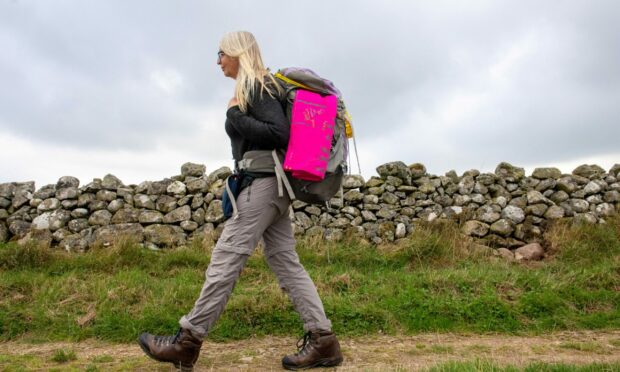
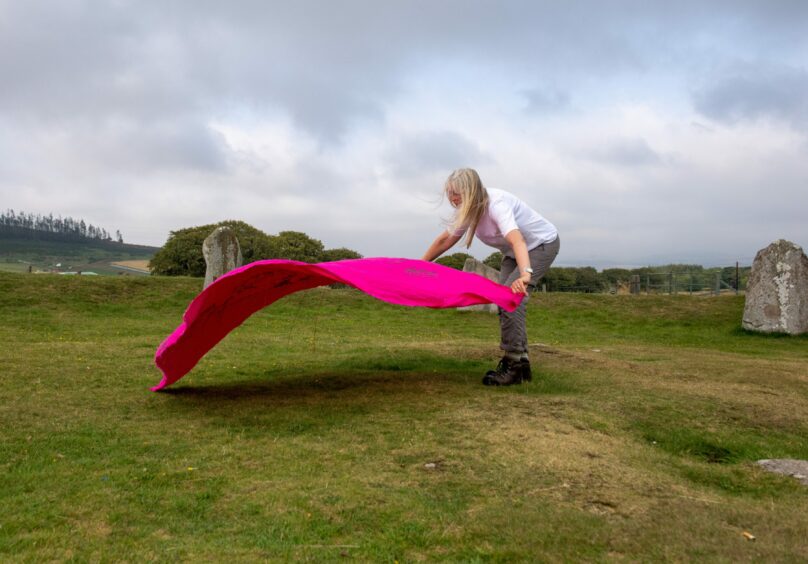
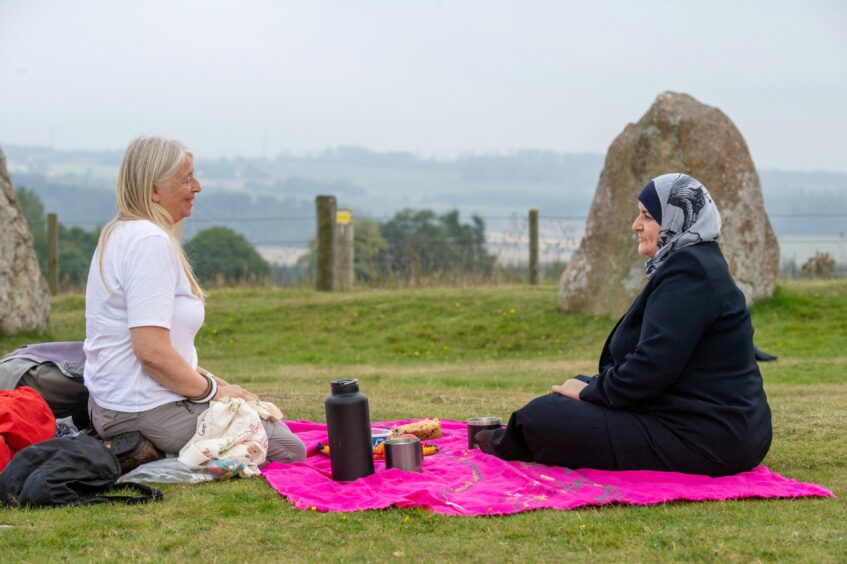





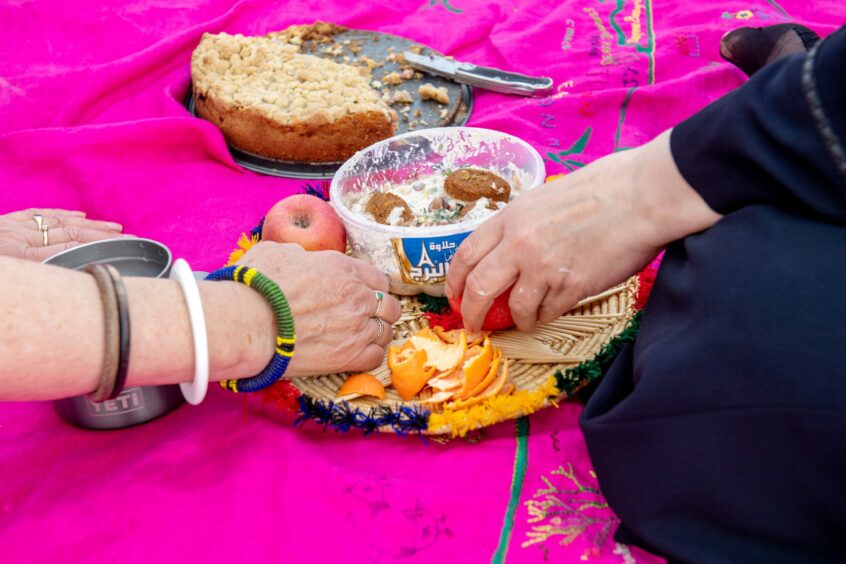

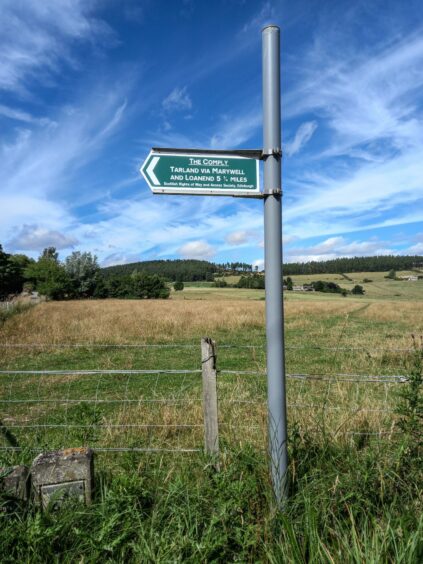
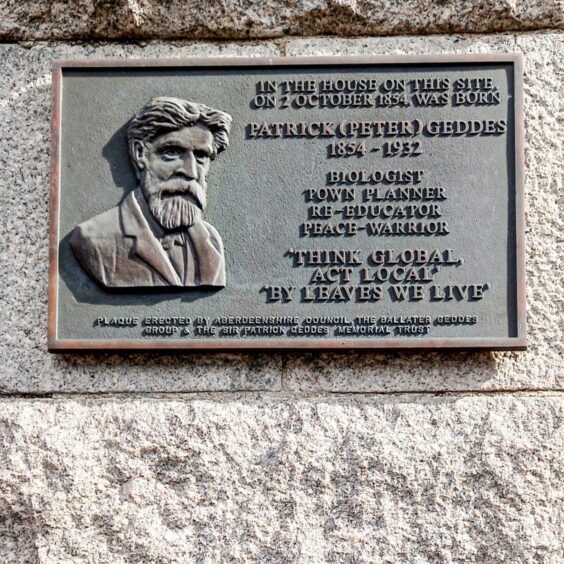
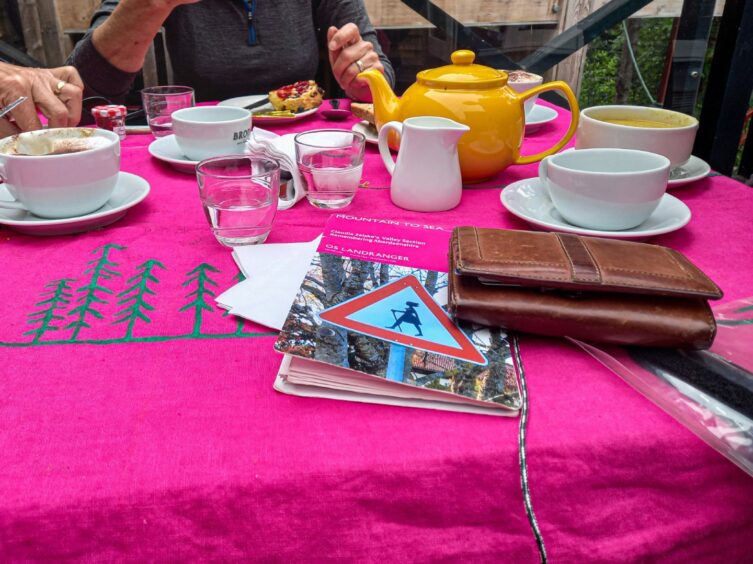
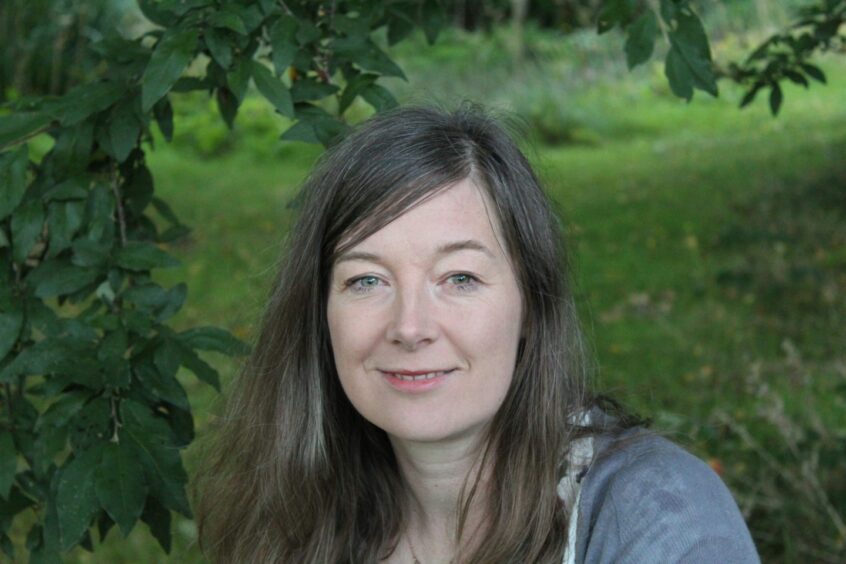
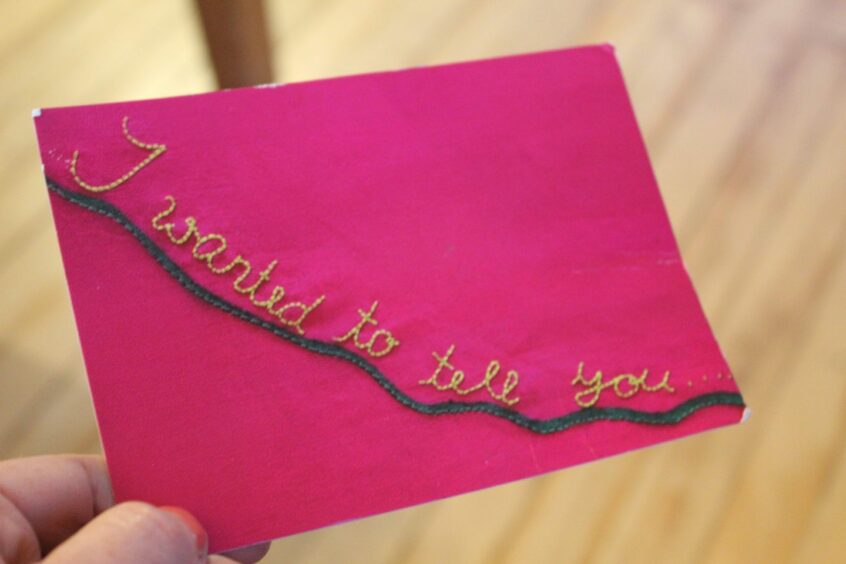


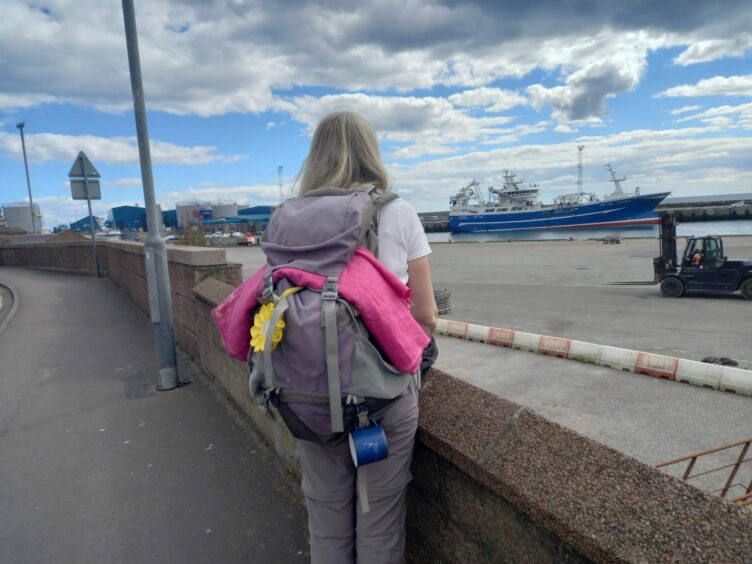
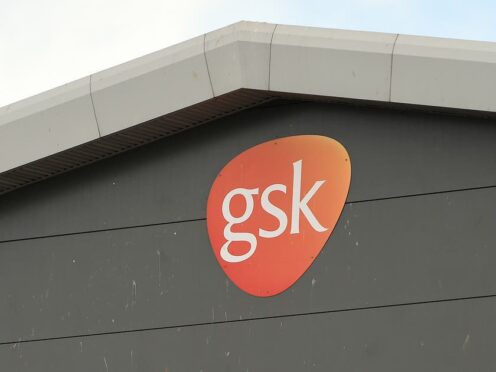
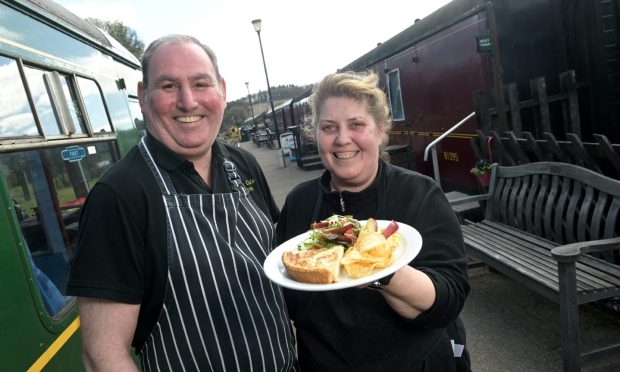

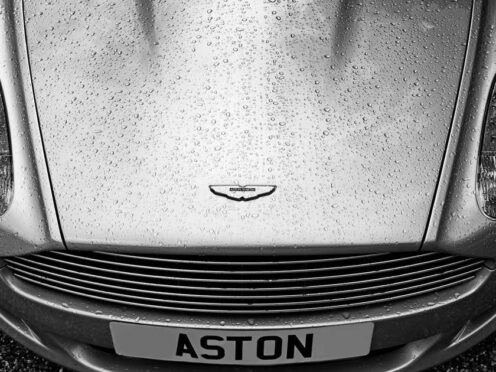
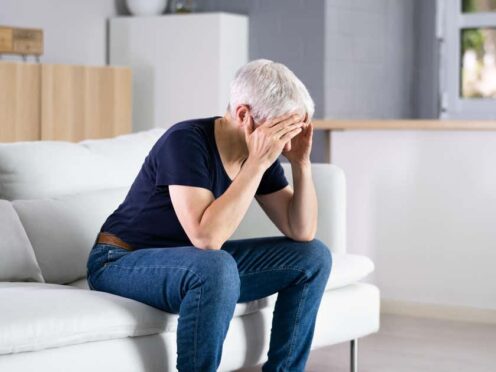
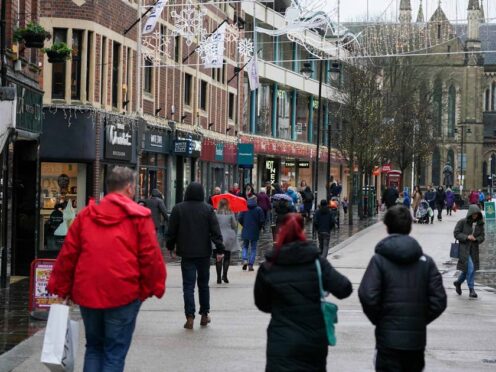
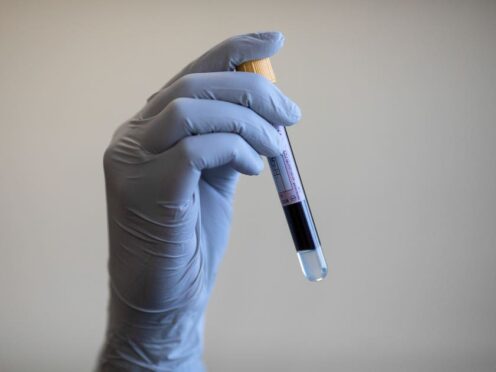
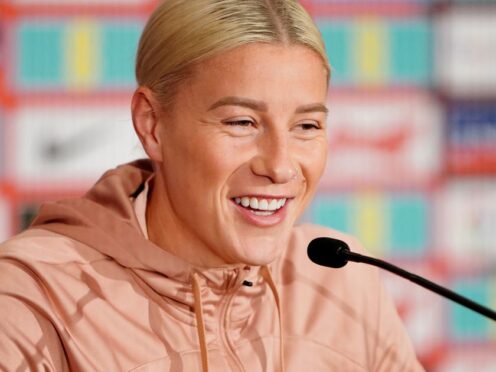
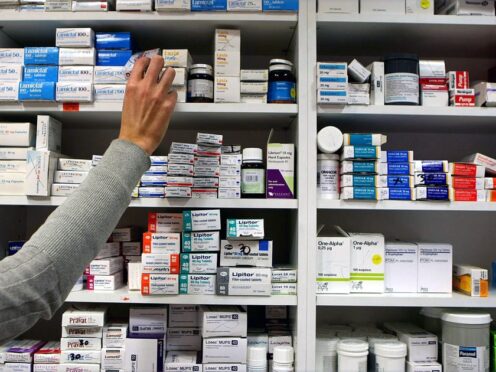
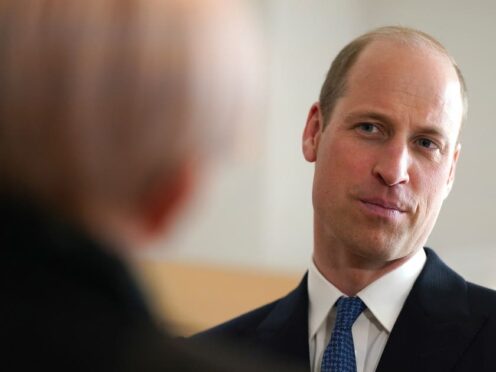
Conversation